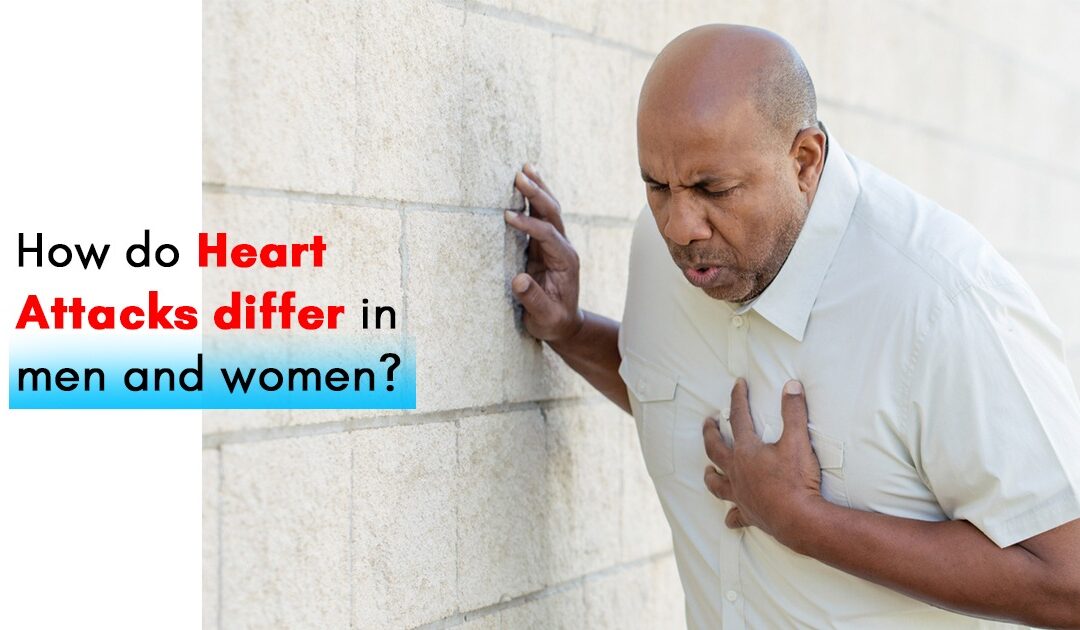A heart attack happens when the flow of blood to the heart is substantially restricted or blocked. The blockage is usually caused by an accumulation of fat, cholesterol, and other substances in the coronary arteries. Plaques refer to fatty, cholesterol-containing formations. A plaque can rupture and generate a clot, preventing blood flow. A shortage of blood flow can harm or kill a portion of the heart muscle. Myocardial infarction is another term for heart attack. To avoid death after a heart attack, prompt care is required.
What are some symptoms to look out for?
Symptoms of a heart attack vary. Some people exhibit modest symptoms. Others exhibit severe symptoms. Some people show no symptoms.
Common symptoms of a heart attack include:
- Chest pain that may feel as pressure, tightness, agony, squeezing, or agonizing
- Pain or discomfort that spreads to the shoulder, arm, back, neck, jaw, teeth, and sometimes the upper belly
- A cold sweat
- Fatigue
- Heartburn or Indigestion
- Lightheadedness or abrupt dizziness
- Nausea
- Shortness of breath
Heart attacks do not discriminate; women and men are equally prone to experience one. Women may experience uncommon symptoms such as sudden or intense pain in the neck, arm, or back. Sudden cardiac arrest might be the initial symptoms of a heart attack. Researchers discovered that heart attack symptoms can vary greatly, particularly between men and women.
Here are the differences in the symptoms of heart attacks between men and women:
Heart attack symptoms in men look something like the following:
- Sweating
- Shortness of Breath
- Indigestion
- Heartburn
- Pain in chest, arms, jaw or neck
Heart attack symptoms in women look something like the following:
- Dizziness
- Shortness of Breath
- Fatigue
- Sleeplessness
- Indigestion or gas-like pain
- Uncomfortable pain between shoulder blades
- Nausea
Women frequently attribute these symptoms to non-life-threatening diseases unrelated to the heart, such as acid reflux, the flu, or even stress and anxiety. Rather than seeking medical attention, women are more inclined to wait it out, expecting the symptoms will go away, which can be heartbreaking and even fatal.
While heart attacks can affect anybody, understanding the warning signs and symptoms, regardless of gender, is crucial for getting urgent medical assistance and reducing heart damage. This is especially essential for women, who may have unusual symptoms that are readily disregarded. Early intervention during a heart attack is critical for avoiding major consequences and maybe death. If you see any of the symptoms indicated in this blog, contact emergency services right away. Do not wait to see whether the symptoms go away; immediate action could save your life.

